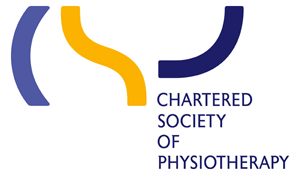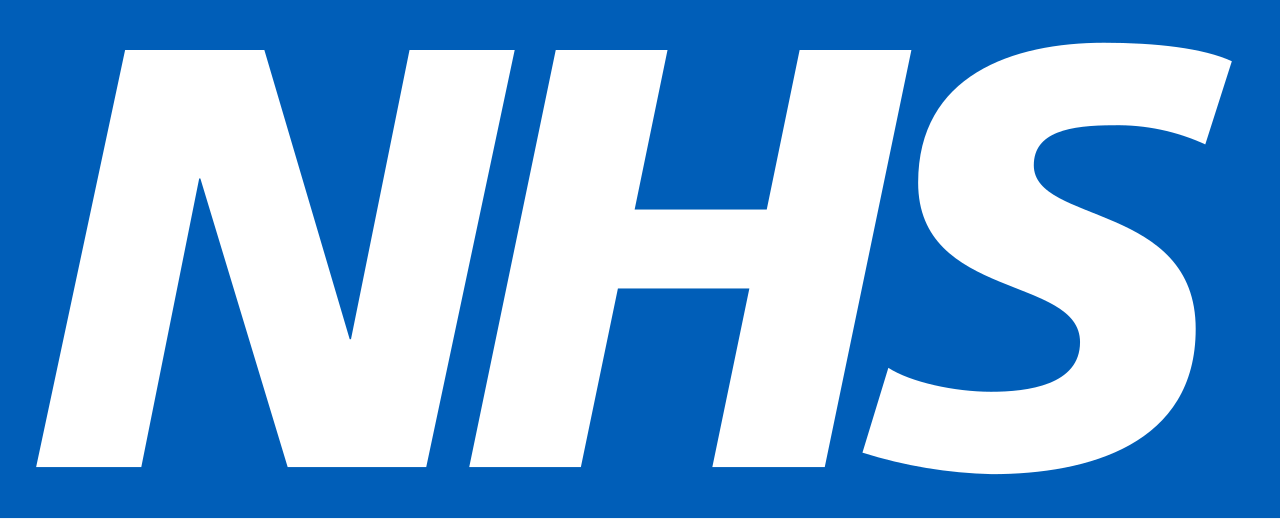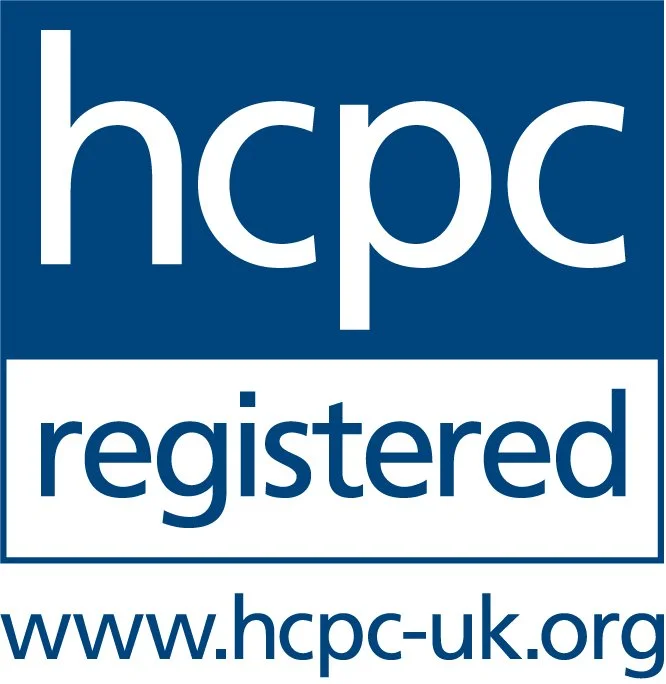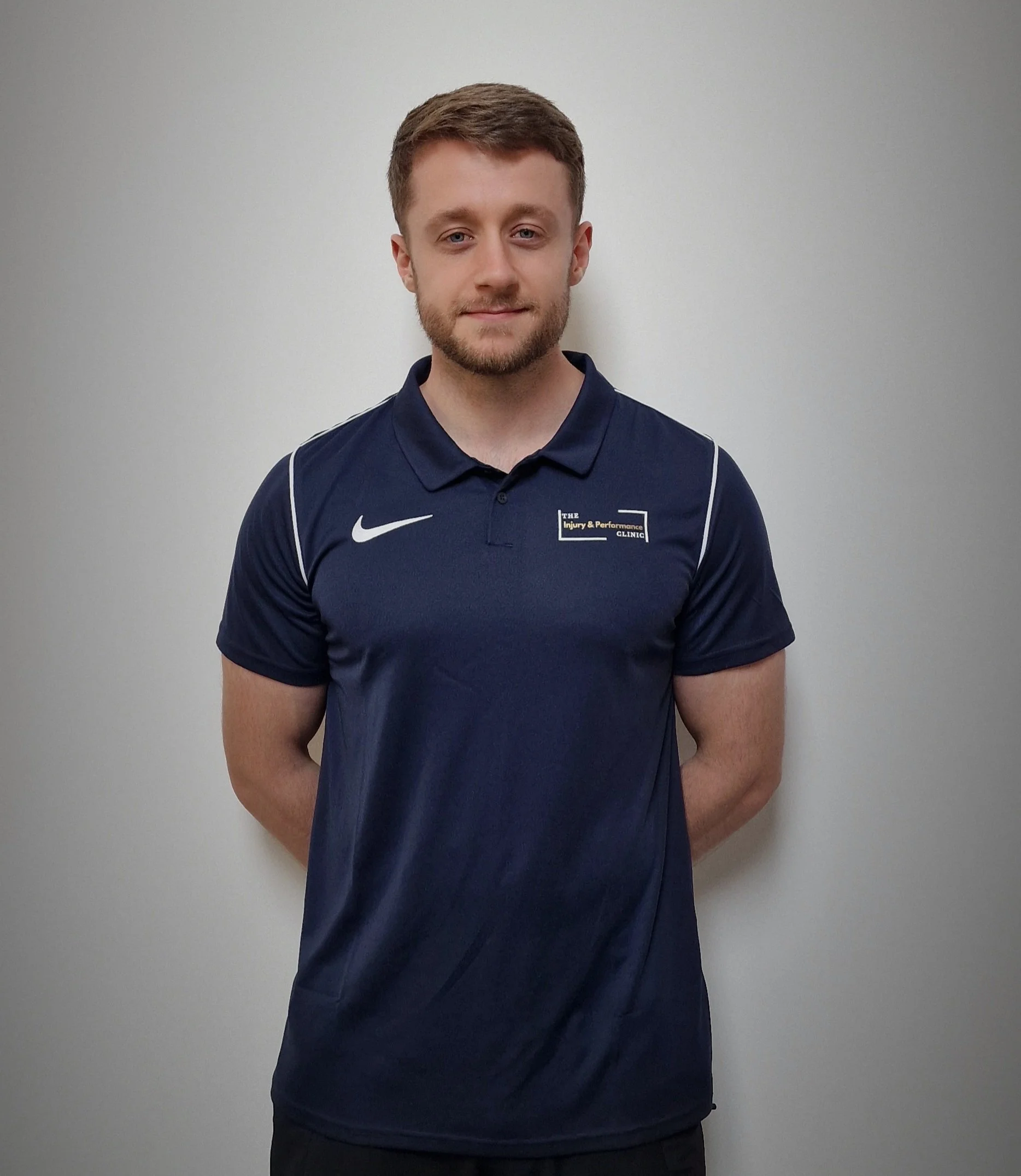
Hip Pain Treatment in Knutsford & Cheshire
Specialist Physiotherapy, Northwich, Knutsford, Cheshire
Hip pain can make everyday activities uncomfortable, whether it’s walking, climbing stairs, exercising or even sitting. At The Injury & Performance Clinic, we help patients manage a wide range of hip problems, restore mobility, reduce pain, and return to their usual activities.
Hip discomfort can develop suddenly after an injury, gradually through repetitive movements, or as part of a long-term condition such as arthritis. Understanding the underlying cause is key to recovery, and our approach focuses on creating a personalised plan tailored to your needs and lifestyle.
To find out more about how we can help you with your hip pain, contact the clinic now, or book your initial assessment using the online booking system.
Understanding Hip Pain
The hip joint is one of the body’s largest and most complex. It supports weight, enables movement in multiple directions, and relies on surrounding muscles, ligaments, and connective tissues. Pain in this area can stem from various causes, including:
Muscle strains: overstretching or tearing of hip muscles, often from sudden movement or repetitive activity.
Tendon inflammation (tendonitis): repetitive stress on tendons, causing soreness and stiffness.
Labral tears: damage to the cartilage lining the hip socket, which can lead to clicking, locking, or sharp pain.
Bursitis: inflammation of fluid-filled sacs that cushion the joint, causing tenderness, swelling, or discomfort when lying on the affected side.
Degenerative conditions (osteoarthritis): gradual cartilage breakdown leading to stiffness, swelling, and reduced mobility.
Other factors: hip impingement, nerve irritation, or referred pain from the lower back or pelvis.
Why Choose Us?
At The Injury & Performance Clinic, patients benefit from local expertise and years of experience in musculoskeletal care. Our evidence-based approach ensures every treatment is informed by current research and best practice. We treat the whole person, not just the joint, addressing the factors contributing to pain and supporting lasting recovery.
Each treatment plan is personalised to your goals, lifestyle, and activity level. Our team provides support and guidance throughout assessment, treatment, and recovery, helping patients regain confidence, mobility, and independence.
Common hip Pain Symptoms
Hip pain can appear in many ways, making early recognition important. Some common symptoms include:
Dull aching or sharp pain in the front, side, or back of the hip
Pain that worsens with activity such as walking, running, climbing stairs, or squatting
Catching, locking, or clicking sensations
Swelling, tenderness, or warmth around the joint
Night-time discomfort that interferes with sleep
Weakness in the hip or leg muscles, leading to changes in walking pattern
If these symptoms persist, it’s important to seek professional assessment.
Conditions We Treat
We see a wide range of hip-related issues at our clinic. These include:
Gluteal tendinopathy: outer hip pain aggravated by walking, standing, or stair climbing
Hip impingement (femoroacetabular impingement): abnormal contact in the joint causing pain and restricted movement
Hip flexor strains: pain when lifting the leg or bending at the hip, often from sport or activity
Labral tears: damage to cartilage in the hip socket causing instability or catching sensations
Osteoarthritis: gradual cartilage wear leading to stiffness, pain, and limited mobility
Bursitis and snapping hip syndrome: less common, but can significantly affect function and comfort
Early assessment and personalised treatment can significantly improve symptoms and function.
Our Cheshire Physio Clinic
Our Physiotherapy and Sports Injury Clinic is located within the beautiful 300-acre Mere view estate in Cheshire. We feature two fully-equipped treatment rooms and physio gym plus elite sports testing equipment, ensuring you get the best treatment.
Our Approach to Treatment
Our approach focuses on addressing the underlying causes of hip pain. Each patient receives a thorough assessment, including:
Reviewing medical history and previous injuries
Analysing movement patterns, posture, and gait
Identifying biomechanical factors contributing to discomfort
Based on the assessment, we develop a tailored treatment plan that may include:
Hands-on therapy to relieve tension and improve joint mobility
Targeted exercises to strengthen the glutes, hip flexors, quadriceps, and core
Guidance on activity modification to reduce stress on the joint
Progressive rehabilitation to restore strength, flexibility, and endurance
We aim to help patients return to everyday activities, sport, or work without discomfort.
Rehabilitation and Recovery
Recovery is about more than reducing pain; it’s about restoring function and preventing recurrence. Our rehabilitation programmes include:
Structured exercises for strength and stability
Mobility work to improve flexibility and range of motion
Balance and proprioception exercises to improve confidence and prevent falls
Education on movement mechanics and activity pacing
Recovery timelines vary depending on the condition. Minor strains may improve in a few weeks, while more complex injuries or degenerative issues may require several months of rehabilitation. Throughout the process, we monitor progress and adjust treatment plans to ensure safe and effective recovery.
Meet Our Team
Our Physiotherapy and Sports Injury Clinic is located within the beautiful 300-acre Mere view estate in Cheshire. We feature two fully-equipped treatment rooms and physio gym plus elite sports testing equipment, ensuring you get the best treatment.
Rhianna Andrew
MSc (Hons)
Physiotherapy
Charlie Baker
BSc (Hons)
Clinical Director
Daniel Morris
MSc (Hons)
Sports Rehabilitation
Frequently Asked Questions
-
Hip pain can result from muscle strains, tendon inflammation, labral tears, bursitis, hip impingement, osteoarthritis, or issues in nearby joints such as the lower back. Understanding the specific cause is important for effective treatment.
-
Recovery depends on the condition and severity. Minor strains may improve within a few weeks, while more complex injuries or degenerative conditions may take several months of rehabilitation.
-
Yes. Maintaining strength and flexibility, practising proper movement patterns, gradually increasing activity, and managing body weight can reduce the risk of recurrence.
-
If hip pain persists, worsens with activity, or limits your daily life, it’s important to seek a professional assessment to determine the cause and start a personalised treatment plan.
Book Your Assessment
If hip pain is affecting your daily life, the first step is a professional assessment. At The Injury & Performance Clinic, we provide personalised care plans designed to relieve pain, restore mobility, and improve function. Our team can support you with physiotherapy, sports massage, and sports injury treatment, guiding you through every stage of recovery. We also offer education and strategies to support long-term hip health. Schedule an assessment today to begin your journey toward stronger, pain-free hips.
Trusted By:



























